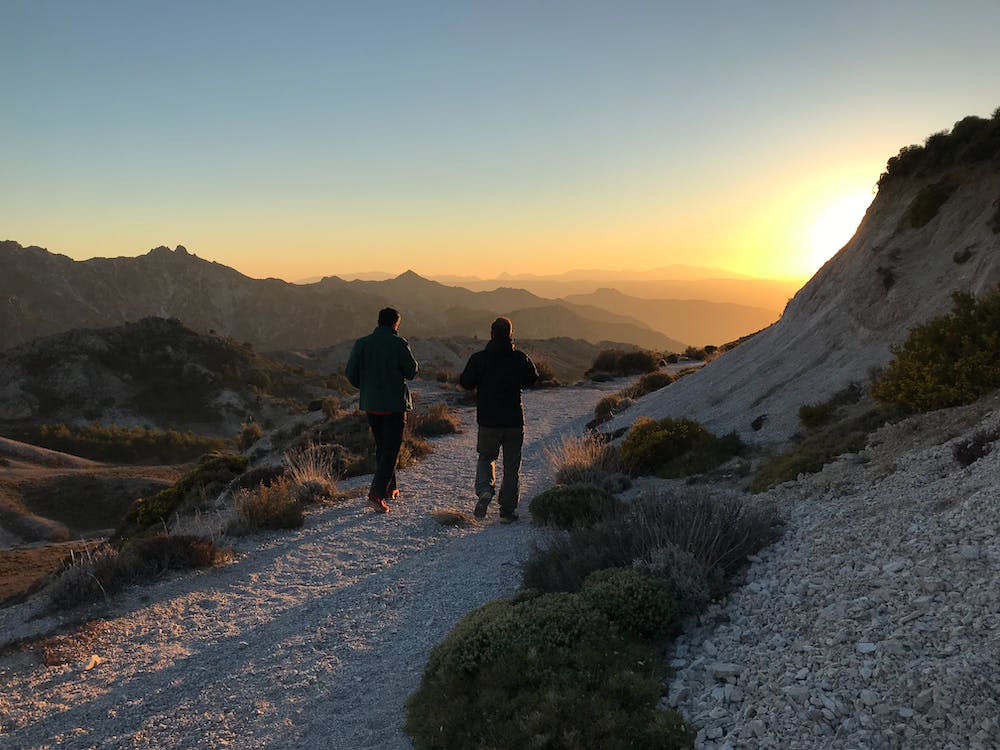Weekend adventures and general vacations are an exciting part of life. They complete your experience by allowing you to explore the outdoors and take a break from everyday life. However, most outdoor activities involve extreme scenarios requiring knowledge and special gear preparation.
This blog covers ten tips to sustain your outdoor survival.
1. Carry Professional Survival Gear

Trips can be devastating if you get stuck in a situation like an avalanche or lost in the jungle. Everything can go wrong at any time. Such scenarios have seen people make mistakes that could cost lives or cause more severe problems. Equipping yourself with the best survival kits military grade ensures you can overcome various eventualities and sustain your group until you receive help or work a way out.
Comprehensive survival gear contains a tactical knife, bullet-proof bag insets, binoculars, and various EDC items. Integrate a few essentials like water, fire-starters, and food rations. A tactical flashlight will help you see around at night.
2. Pack Spare Clothes
The weather in the wilderness can change quickly, bringing surprises. Never carry only light clothes during summer. Abrupt temperature drops are typical in various places, especially mountains. Invest in quality clothes like sturdy raincoats and fleece jackets to keep you warm or dry when necessary. Carry pants that double up as shorts for when the day gets too hot or if you plan to climb high mountains with ice caps.
3. Always Stay Hydrated
Long journeys can be overwhelming. Outdoor activities involving running and climbing mountains can be more strenuous. Besides, extreme weather conditions like heat exhaustion can be dangerous when unfamiliar with them. Always carry sufficient water and replenish your body fluids as soon as possible.
A water filter can suffice when you cannot carry clean water. It is a bottle that purifies water from various sources, like streams, rivers, or ponds, for consumption. Pack two or three to ensure you never run out of fresh water.
4. Have Priorities
Adventures turning critical and extreme scenarios tend to be chaotic. A slight mistake can be costly. A stranded person will find it difficult to find shelter, food, and water. Without these three, life in the jungle will vanish in days.
Prepare how you will spend the nights out. You may carry a hammock or tent to sleep peacefully away from predators and pesky bugs. Dedicate your energy and time only to activities that will help you survive. Search and rescue teams will locate you faster if you stay calm and rest in one place.
5. Work Out Navigation

Getting lost is easier when you have no route plan and venture into the wilderness without proper navigation knowledge. Carry a compass, a detailed region map, and GPS locators to help your group locate their way back after an adventure. A monocular is vital for long-distance viewing when navigating unknown areas.
6. Ensure Utmost Hygiene
The outdoors are home to various bacteria and protozoa. It is easy to fall sick during adventures, especially when exposed to contaminated water or food. Essentially, you must only eat well-cooked foods and wash your hands often. A nose mask protects your circulatory system from harmful dust, smoke, pollen, and microorganisms.
Besides, invest in a disinfectant or sanitizer to keep your hands clean. It helps when traveling in areas with no or limited water availability. Also, use wipes to clean surfaces and clothing when necessary. You may integrate a few anti-bacterial sprays for added protection.
7. Pack First Aid

Unforeseen injuries, like cuts and fractures, are common outdoors. You may require stitches or closures for deep or severe wounds. A first aid kit is essential in your survival gear since it contains all the necessary items to treat injuries, like bandages, disinfectants, and ointments. Painkillers, antibiotics, anti-malarial pills, and allergy relief drugs will prevent illnesses from bug bites.
8. Find Aid if Stuck
Did your car break down, or did you run out of supplies? It is frustrating to get stuck in the wilderness with no hope of getting help. However, it is possible to get rescued if you know when and how. Find aid stations as soon as possible to provide your group with medical attention and food supplies.
Your printed maps can help you establish the best options. Also, carry a few emergency contacts of people who can assist you with various things like tracking tools and car mechanics.
9. Avoid Wildlife Territories
Some open hiking trails pass through wild animals’ habitats. Your presence may provoke them to attack. Stick to well-marked trails for safety from these creatures. Avoid direct eye contact with some cat species, like leopards. Learn other safety tricks to survive if you appear close to dangerous beasts.
10. Stay Positive
Adventures require proper mental preparedness to conquer. A distressed or negative mindset will make you give up and surrender to the harsh environment. You may even forget your navigation skills or worsen an injury by panicking. Keep positive and focus on getting out of the situation alive. Meditation, deep breaths, and positive talk among your group can help you stay focused.
Summing Up
Adventurous trips are tricky because the fun can turn tragic when unprepared. Your mission during such a journey is to make it out alive. Equip yourself with survival skills and pack appropriate gear for every event. Remember to plan your route and avoid wildlife territories.
Stay hydrated, carry enough food, and clean yourself to remain healthy. Find aid when stuck and keep a positive attitude throughout the journey.
